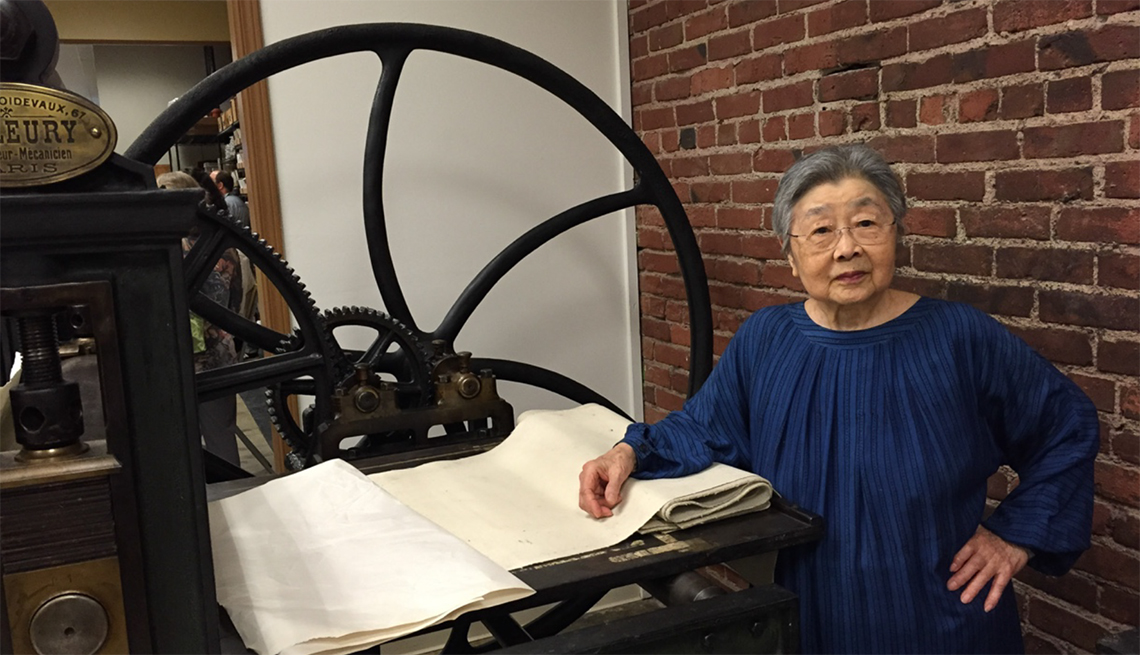AARP Hearing Center
My mother and I were chatting after I'd stopped by for tea (and to check on her — she still lives on her own at age 93). Then she made an announcement: “Did you know that June died?"
My jaw dropped. Not because my mother's close friend had died. Because two weeks ago, I'd called and told her June had died.
This is...
1. At first, weird. It could be an example of what I view as my mother's aloofness. This, I know, is how first-generation Japanese American parents do feelings. As in, they don't do them. It could be relatively normal that June's death hadn't really registered.
2. To be honest, wounding. Not recalling what I'd told her feels like yet another way she disregards most anything I say. A daughter is not an authority on any topic. Now, a son or grandson, that's another deal.
3. And, for sure, troubling. When I call my brother the Harvard- and MIT-educated molecular biologist, we agree Mom's forgetfulness is worrisome. Does spacing out something as momentous as the death of a friend signify a slide toward dementia? Yet most days, she's sharper than we are, attending university lectures, making art, clipping newspaper articles for her grandchildren. Ever the scientist, he hesitates. We need more proof.
Snow on the roof
When my mom's reactions confound me, it helps to talk to my cousin. Her father, now 89, is my mother's youngest brother. Mom and my uncle grew up in a family of six kids, the only Japanese in a tiny mountain-rimmed mining town in eastern Washington state. My grandfather said it reminded him of Japan.


































































